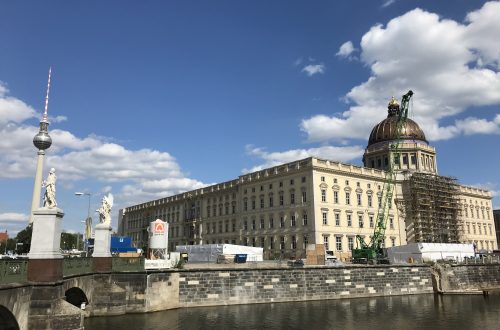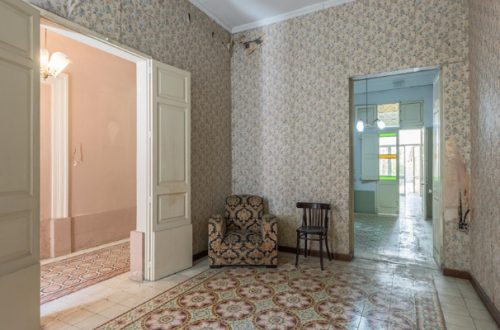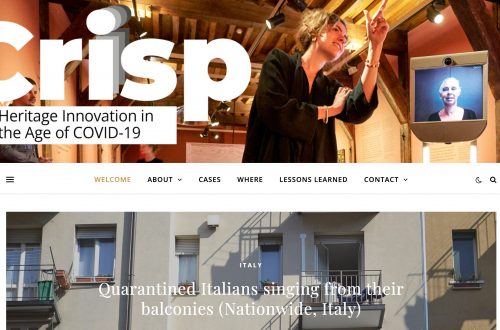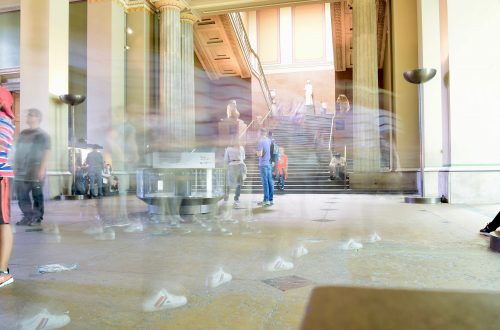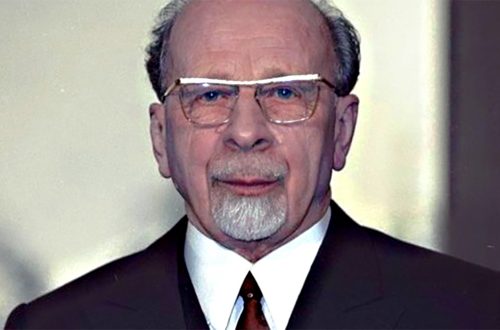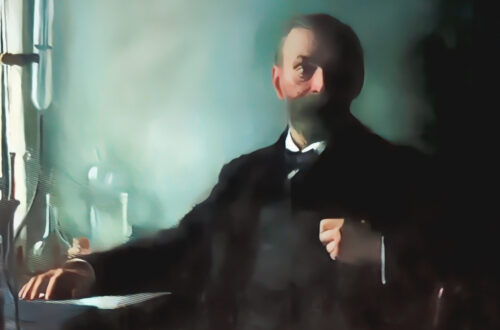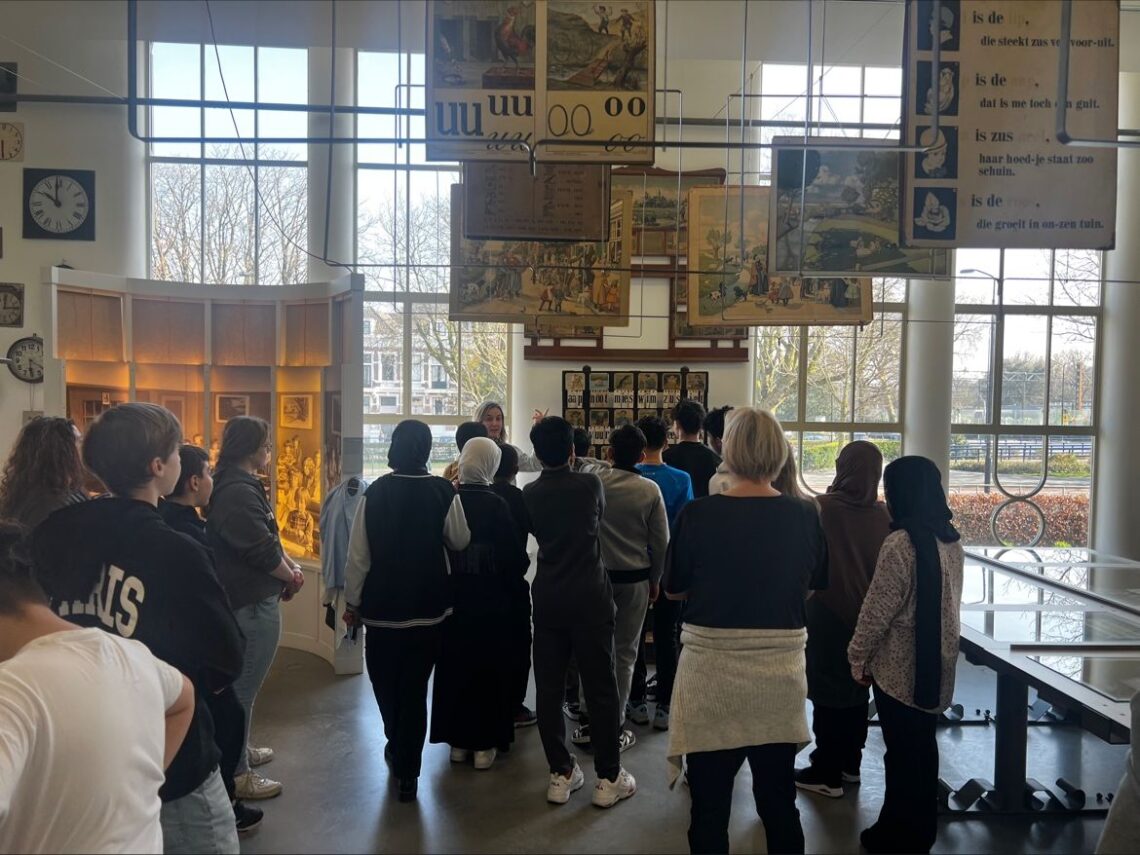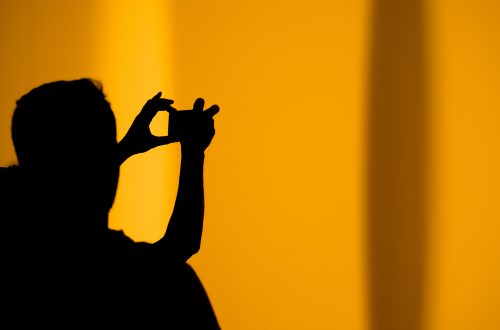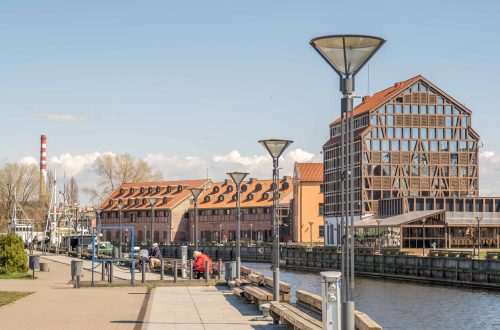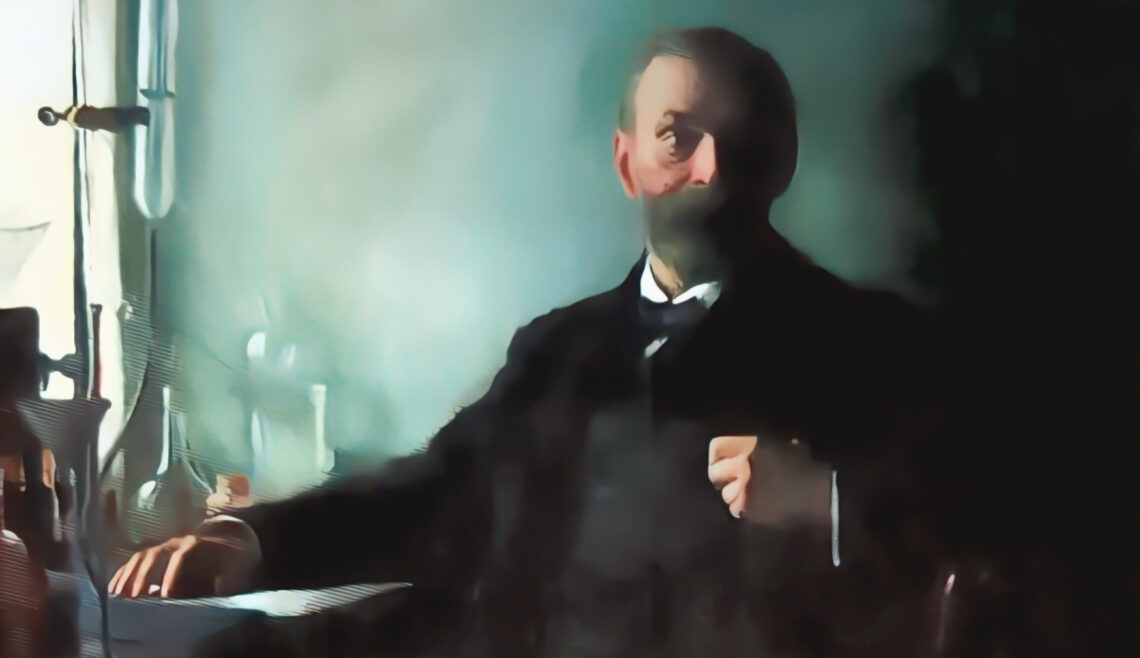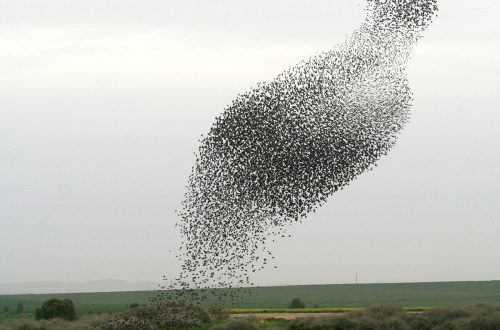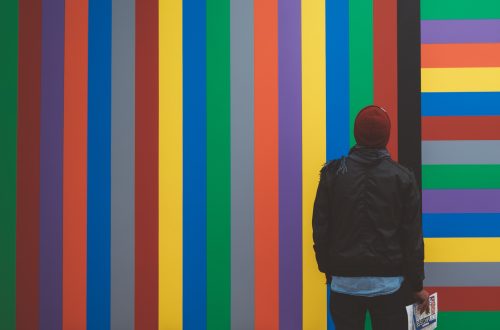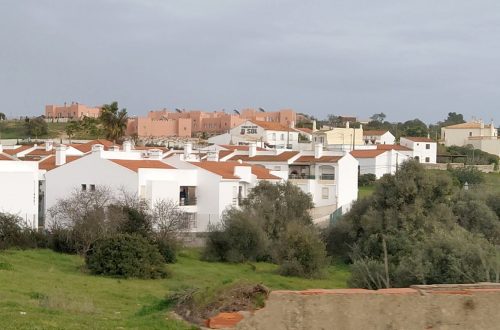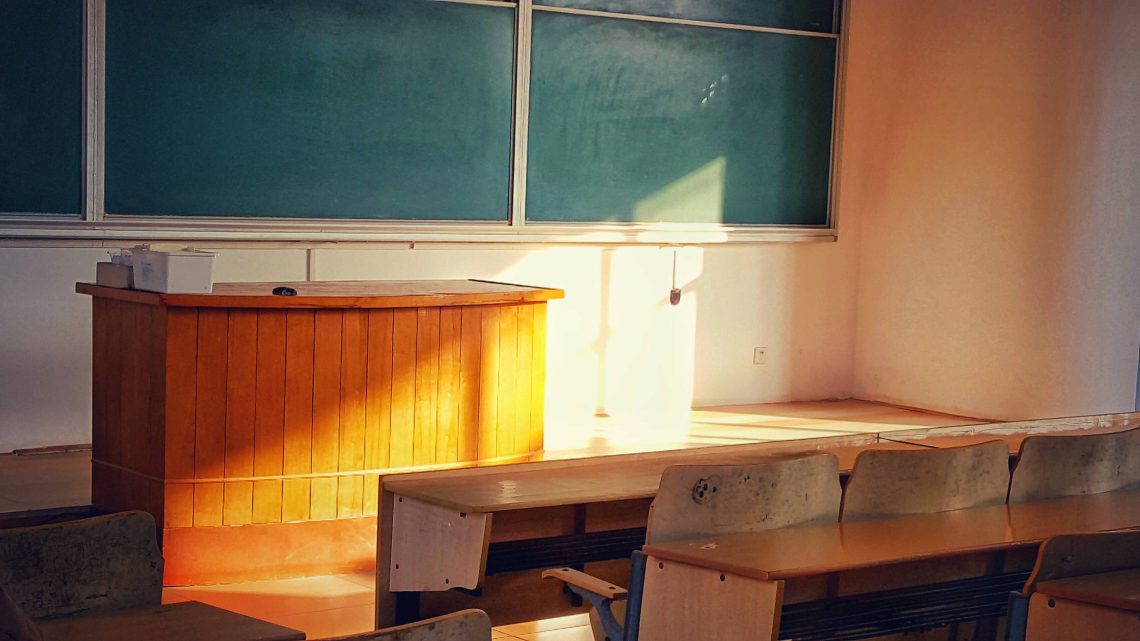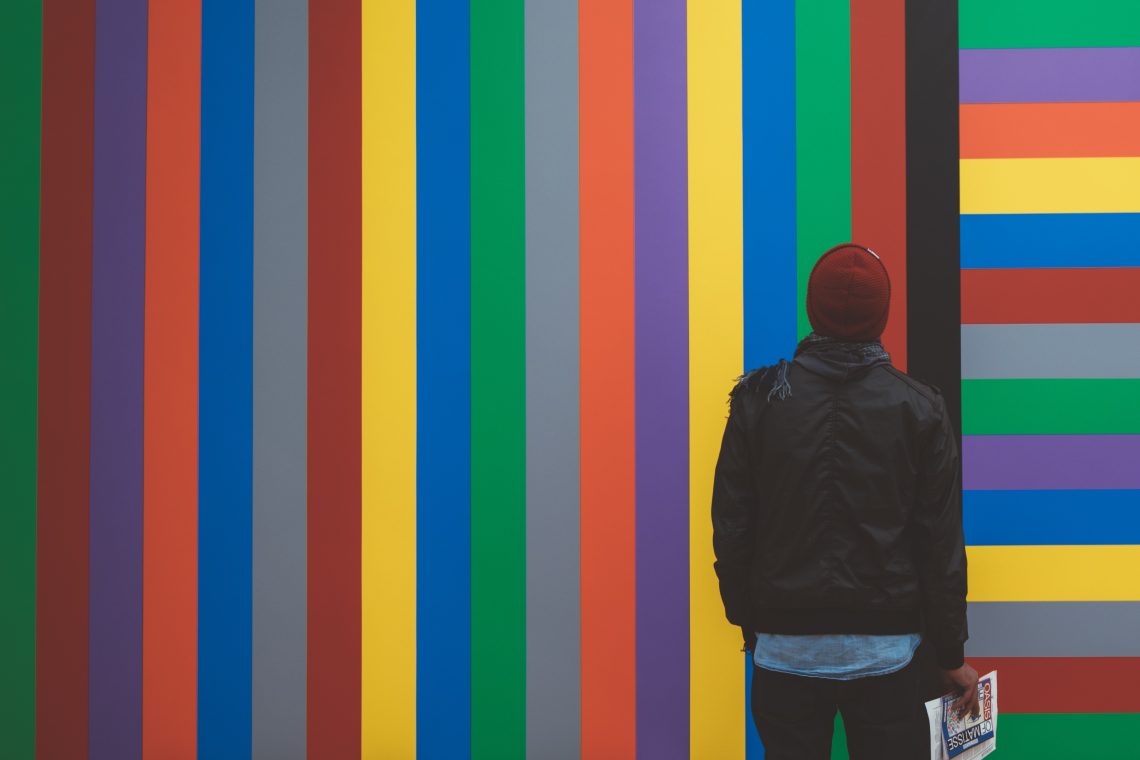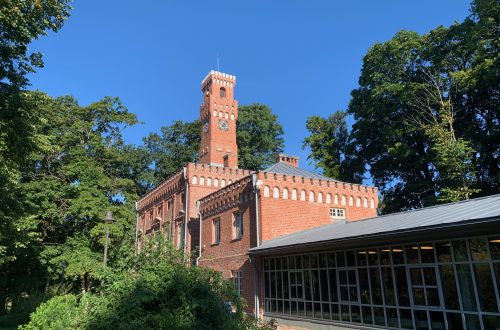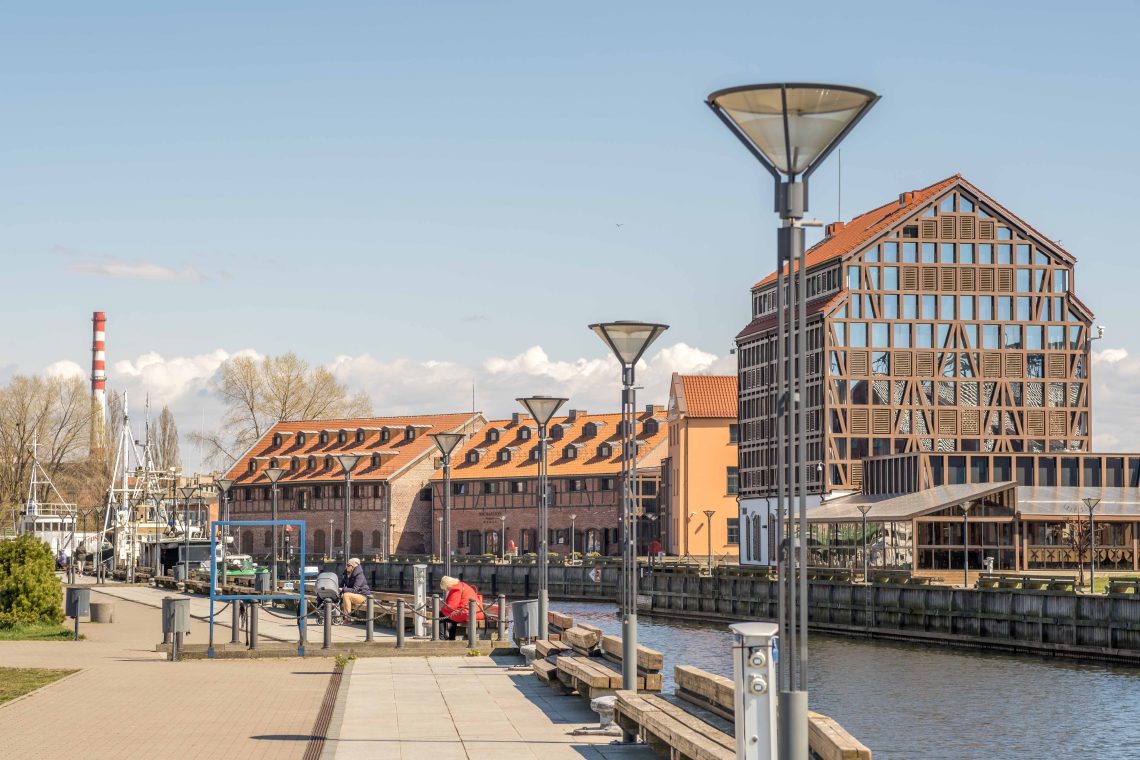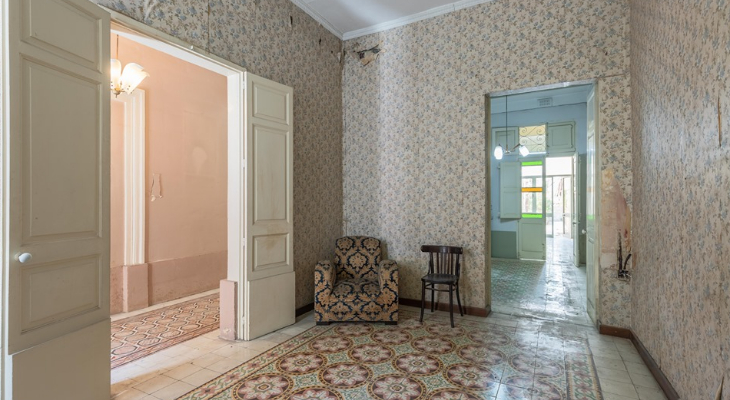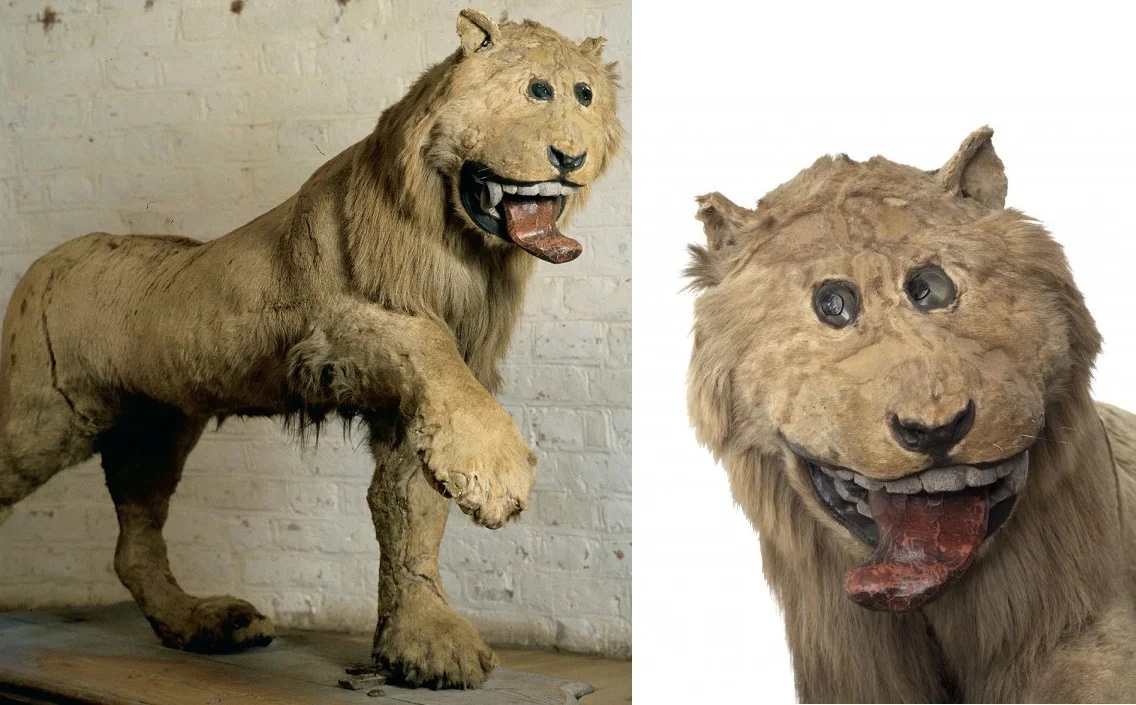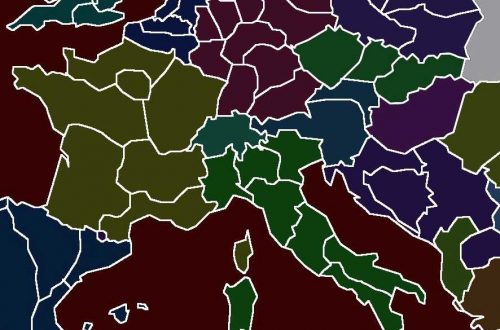-
From Forgetting to Remembering – Delving Into the Memory of Italy’s Foibe Massacres
By guest writer Ava Abtahi How does the memory of historical events, historical trauma even, change as a consequence of contemporary political debates? And how do they influence the construction and re-construction of a national identity? The history of the Foibe Massacres in Italy, and how these atrocities were subsequently instrumentalized for various political reasons, may grant us some insight into these processes, and perhaps even serve as an example of what heritage institutions may expect from such re-interpretations of history in a time of ‘alternative facts’.
-
The ALZ-Q Project: Utilizing Heritage institutions as Safe Spaces for Adults with Early-onset Alzheimer’s Disease
The growing group of people diagnosed with Alzheimer’s in Europe is becoming increasingly isolated in an individualist society. Quiosq is the leader of a major new Erasmus+ project, named ALZ-Q, which started this month. Through this project, we aim to offer facilitators, such as guides and adult educators, in small local museums and libraries the skills to receive people who have recently been diagnosed with the disease. This will be done by making use of the knowledge and experience acquired in training adults by employees of professional educational institutes.
-
A positive review of the Winsome Project
This week, we received the evaluation report from the Dutch National Agency (NA) regarding Winsome, an Erasmus small scale partnership project that we undertook in collaboration with the School Life and Education Museum (Athens) and the Dutch National Museum of Education (Dordrecht). Over the past two years, this project made efforts to engage with migrant newcomers from a variety of backgrounds, using school experiences to forge connections with the culture in which they found themselves (dis-)placed. For us, it lead to a lot of genuinely positive experiences, but it also challenged us in some areas. All combined, however, we look back on this project and our collaboration with our partners quite…
-
Reflections on the conclusion of two Erasmus+ projects: BACH and Revintage
In the past month, Quiosq proudly marked the successful completion of its involvement in two impactful Erasmus+ projects—BACH and Revintage. The final assessments for both projects were very positive, underscoring the dedication and innovative approaches employed by all partners. Now that these projects have been concluded, I’d like to offer some reflections.
-
Alfred Nobel’s Guilt
We’ve all heard the story of Alfred Nobel, a guilt-ridden Swedish industrialist who established a number of prizes for the benefit of humanity to make up for his role in the arms race. Just a pity that little or any of it is actually true. But that story, and how it was canonized, can give us good insight into how historical myths are created, and how they influence our common heritage. On November 27th, 1895, the Swedish industrialist Alfred Nobel signed his will in the Swedish-Norwegian club in Paris. In it, he donated his entire fortune to establishing five awards for achievements in science and culture: physics, chemistry, medicine (or…
-
Welcoming Migrants to the School Museum: the WINSOME Project starts in April
Schools are somehow universal – every culture possesses places where knowledge is passed on to both young and older people. And that universality translates into school museums – they are not the Temples of Culture that many associate with museums, but places where a common experience is put in the spotlight. That makes them a good place to have different groups interact with each other in an informal setting. A few months ago, we received confirmation that the Erasmus + program would be funding WINSOME, an educational project set up by heritage institutions in Greece and The Netherlands . On 1 April (no joke), we will officially start this pilot…
-
Staying close to your mission – EU style
At Quiosq, our mission is to serve citizens through European grants and partnerships. Our philosophy is that knowledge of cultural heritage – one’s own as well as that of others – helps to cultivate greater appreciation for each other, and contributes to greater well-being of the inhabitants of Europe and ultimately to more harmonious form of European unification. But said citizen is usually not our direct point of contact, or “customer” in marketing terms. We need projects and cooperation partners to realize our mission. Which is the most attractive – but also challenging – part of our work.
-
How reconstruction can help remembrance – an example in Klaipeda, Lithuania
The city of Klaipeda is today Lithuania’s main (and really only) port, on the west coast, hidden behind a land tongue that connects to the Russian exclave of the Kaliningradskaya Oblast. For most of its modern history it was known as the German city of Memel, right at the northern edge of Prussian and later German territory. After the Treaty of Versailles, it was ceded to the new state of Lithuania and became Klaipeda, although still overwhelmingly German in terms of population. It was re-conquered by Nazi Germany as agreed in the Molotov-Ribbentrop pact of 1939, experienced horrific slaughter during and after the war (both under Nazi and Soviet dominance)…
-
Saving European interiors – a meeting in Malta
Malta formed the paradisiacal backdrop of the first live meeting of the partners in the Revintage project at the end of August, hosted by our friends from VisMedNet. In several presentations and workshops, we got a better grip on the subject, the valuation and preservation of post-war European interiors. Especially inspiring was the contribution of six experts from Malta itself. They spoke to us about the problems they encounter in carrying out their work to preserve Malta’s heritage. They too have to deal with the fact that heritage from the second half of the last century often does not qualify for full protection because it is not yet regarded as…
-
The Gripsholm Lion: the tragic history of a heritage layer cake
Allow me to present you with the Lion of Gripsholm Castle, near Stockholm in Sweden. It’s a very odd-looking creature with a somewhat tortured history. Originally, the (then alive) lion was gifted by the Bey of Algiers to King Frederick I of Sweden in 1731. When it lion died, it was skinned, and the bones were also preserved.


